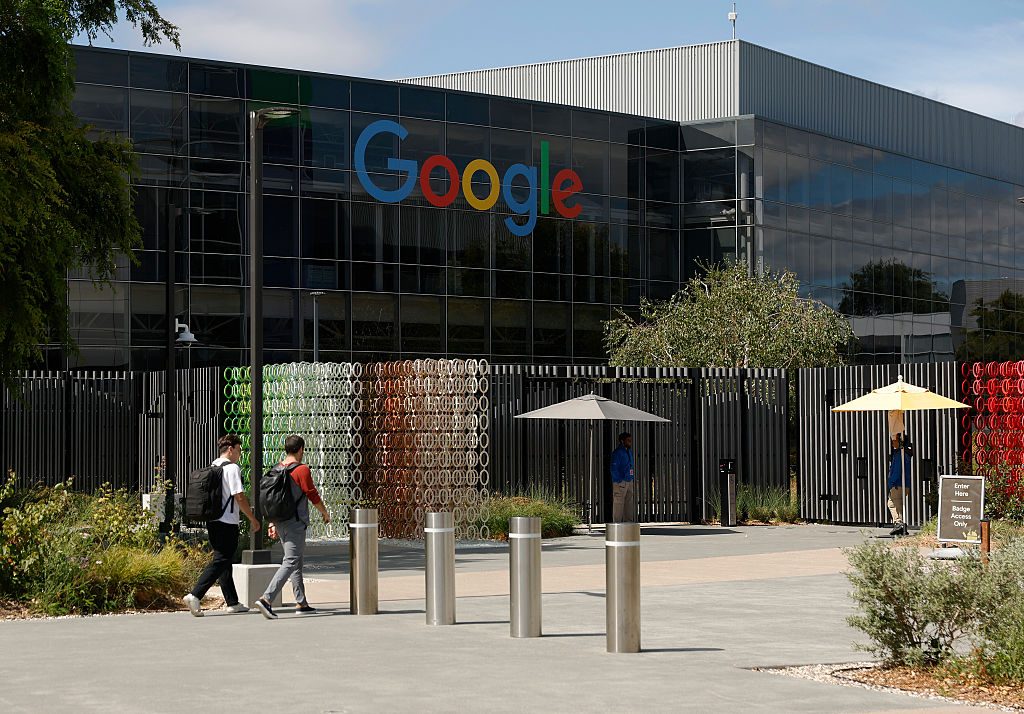“I think Google ought to be broken up. I think it’s way too big, way too powerful, and we’ll see how things look in 2025,” JD Vance said last August. But Google won’t be broken up — or, at least, not yet. The tech giant has this week escaped relatively unscathed from the first of its two antitrust trials in the United States.
Although last year Judge Mehta, the presiding judge in the US v. Google Search case, found Google guilty of maintaining an illegal monopoly on internet searches, he has now rejected most of the remedies that lawyers for the US Department of Justice wanted. Instead of “structural” remedies, the company will be ordered to disclose some data: a relatively benign verdict.
The ruling means Google will not be forced to shed its biggest platforms, the Chrome web browser and the Android mobile operating system, which both deliver huge amounts of traffic to Google Search. On each of these platforms, Google enjoys a dominant market share and can continue to pay Apple some $20 billion a year to ensure Google Search is the default on iPhones and iPads.
Critics highlighted the anomaly — that a year after finding internet search was uncompetitive, and that Google was a monopoly, Mehta has now described the market as incredibly competitive. “What stands out most is the contradiction between Judge Mehta’s clear recognition of Google’s entrenched market power,” wrote competition lawyer Thomas Höppner, “and his reluctance to impose meaningful constraints under antitrust law.”
Epic Games founder and CEO Tim Sweeney, who has sued both Google and Apple on competition issues, compared the ruling to a bank robber found guilty and then “sentenced […] to probation under which they may continue robbing banks but must share data on how they rob banks with competing bank robbers”. Sweeney won a landmark competition case against Google in 2023.
So what changed the judge’s mind? Mehta says it’s artificial intelligence. In 2023, testifying against Google, Microsoft CEO Satya Nadella described the search market as a “no fly zone” for Silicon Valley VCs. Google’s dominance ensured there could be little competition. For example, a start-up search rival would need to find a basic $20 billion a year to “outbid” Google just to get Apple’s attention. Samsung and others also receive payments for making Google the default. Apple was once reportedly exploring the option of making its own search engine, just as it makes its own microprocessors. But the $20 billion payment provides a powerful incentive not to do so.
The remedies ruling is not the only good news Google has had this week. It is also fighting a parallel antitrust case in both the United States and Europe, on its digital advertising business, Alphabet’s real money-making engine. In April it was also found guilty by a US Court of maintaining an illegal monopoly. But on Monday, the European Commission suspended its fine against the company, hoping to soften Trump’s stance on automotive tariffs.
The fundamental contradiction is that an administration keen on projecting global power through giant US technology companies still needs the votes of working-class American voters who want them broken up. But pleasing voters will matter more than cosying up to Silicon Valley in 2028. The White House will be watching with interest what Google does next.











Join the discussion
Join like minded readers that support our journalism by becoming a paid subscriber
To join the discussion in the comments, become a paid subscriber.
Join like minded readers that support our journalism, read unlimited articles and enjoy other subscriber-only benefits.
Subscribe